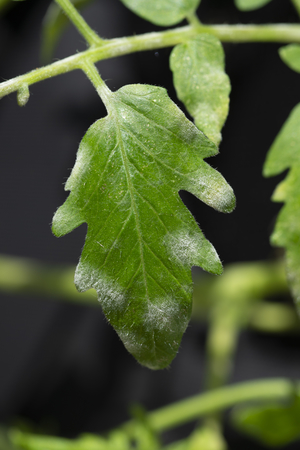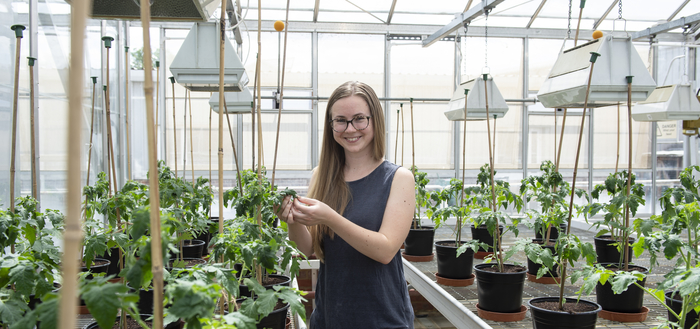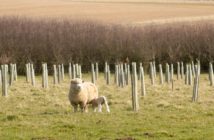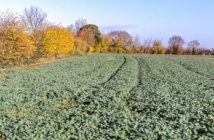Tomato growers asked to help in developing fungi early warning system
A Rothamsted researcher is appealing to tomato growers across the UK to send her leaves infected with powdery mildew.
It is part of research looking to design tools that can detect and identify fungal diseases within the glasshouse – before they take hold.
According to PhD student Anastasia Sokolidi, the system will eventually help growers decide when and what type of fungicide to spray.
“I am working on designing a DNA based assay that will be able to identify which type of powdery mildew is present, if at all. This technology will be used in combination with a spore sampler that will allow for early detection before it infects the plant.
“In addition, the DNA based assay developed from this project could also be used to analyze samples in the lab or be coupled with other samplers as a speedy diagnostic tool.”
 The project, in collaboration with the University of Warwick and supermarket giant Waitrose, is looking to develop a DNA based test for airborne spores from several pathogens, including the two UK strains of tomato powdery mildews, Pseudoidium neolycopersici and Leveillula taurica.
The project, in collaboration with the University of Warwick and supermarket giant Waitrose, is looking to develop a DNA based test for airborne spores from several pathogens, including the two UK strains of tomato powdery mildews, Pseudoidium neolycopersici and Leveillula taurica.
“Tomato powdery mildews are one of the main reasons that tomato growers apply fungicide on their crops in the UK. By the end of the project, we hope to be able to better detect and control the spread of fungal pathogens of tomatoes in the horticultural industry,” said Anastasia.
She is asking tomato producers to send leaves with a substantial amount of powdery mildew on them, and in return, will be able to provide information as to which species of powdery mildew it is.
“I will need to know what region of the UK the leaves were collected from. This is necessary for me to improve my assay as it will allow me too to understand whether the assay is specific to the various strains of powdery mildews within the UK and how sensitive the assay is.”
Anastasia requests any growers wishing to take part to send infected green leaves tucked between kitchen roll.
For more information or to take part, please contact: Anastasia Sokolidi, BCP, Rothamsted Research, Harpenden, Herts AL5 2JQ, UK anastasia.sokolidi@rothamsted.ac.uk




